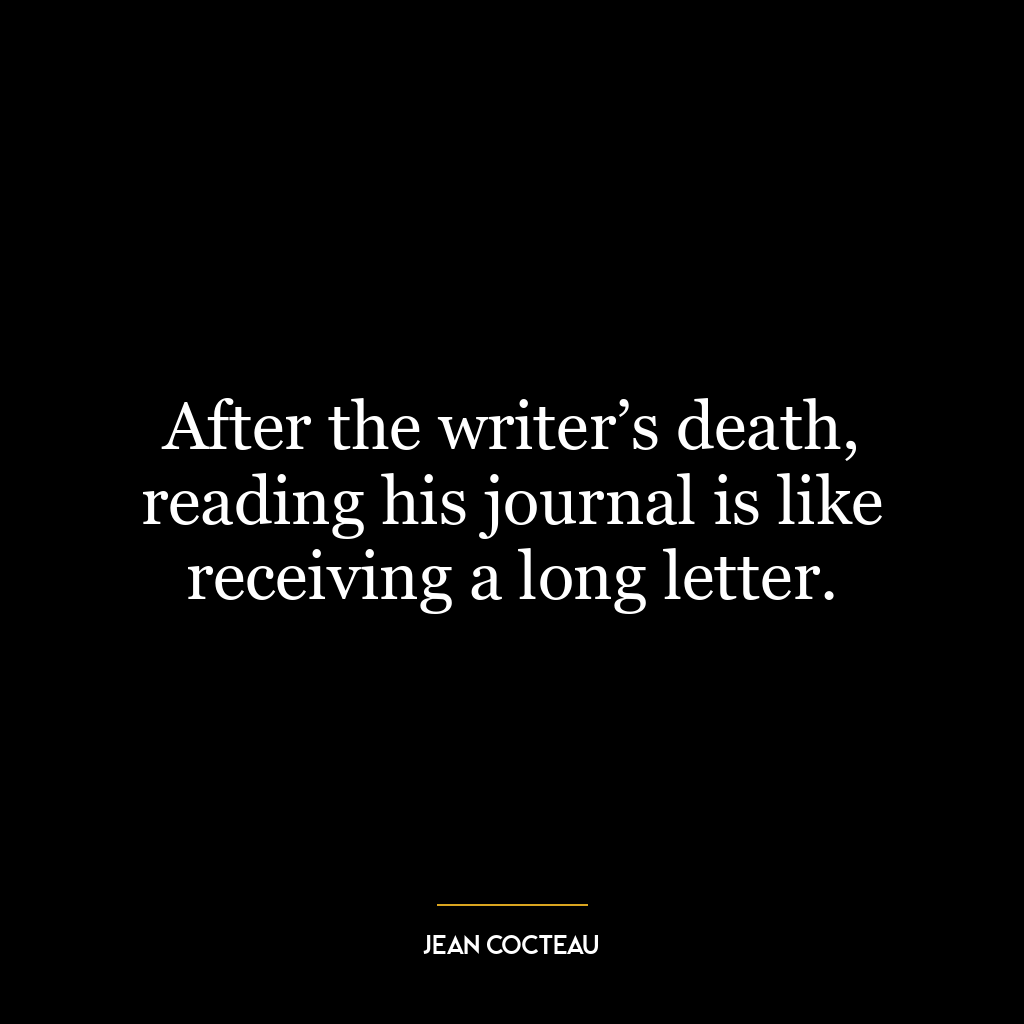You can never correct your work well until you have forgotten it.
This quote is a reflection on the process of creation and refinement, suggesting that true correction or improvement of one’s work can only be achieved after a period of disengagement or detachment. When we are deeply involved in a project, we often develop a sort of ‘tunnel vision’ where we might miss errors or areas for improvement because we are too close to the work. By stepping away and forgetting the work for a while, we gain a fresh perspective when we return, allowing us to see things we might have previously missed and correct them more effectively.
In the context of today’s world, this quote can be applied in a myriad of ways. For instance, in the corporate world, it’s common for teams to take a step back from a project before finalizing it, giving them a chance to ‘forget’ before they return for a final review. This process helps ensure that the final product is the best it can be because it allows for a more objective evaluation.
In terms of personal development, the idea can be applied to our self-improvement endeavors. If we are constantly self-analyzing and attempting to correct our flaws, we may become too focused on the negatives and lose sight of our overall growth. By taking a break and ‘forgetting’ about our self-improvement for a while, we can return with a fresh perspective, more accurately assess our progress, and identify areas for improvement that we may have previously overlooked.
This quote also emphasizes the importance of patience and the value of taking time to reflect, rather than rushing to produce a final product or achieve a personal goal. It reminds us that sometimes, the best way to move forward is to first take a step back.











